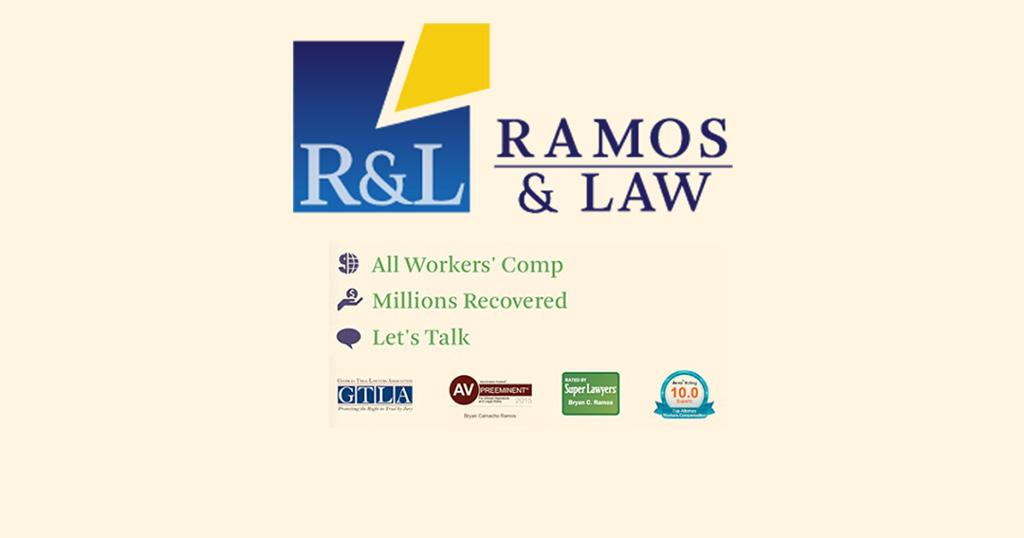
Occasionally, when the members of Ramos & Law are preparing to defend an employer against a workers’ compensation claim we come across evidence indicating that the injured employee may have been intoxicated when he was injured at work. This kind of evidence affords us the opportunity to invoke the “willful misconduct” affirmative defense to the employee’s claim. This is a powerful defense that employees and employers alike should be aware of when bringing or defending a workers’ compensation claim.
Generally, under Georgia law, an employer is responsible for paying for an employee’s medical treatment when the employee’s injury occurred during the course of his employment. O.C.G.A. 34-9-1. The willful misconduct provision found in Title 34, Chapter 9, Section 34 of the Official Code of Georgia Annotated, cuts off this broad based responsibility if the employer can show by the preponderance of the evidence, (1) that the employee was intoxicated within eight hours of the accident, and (2) the intoxication proximately caused the accident. Id.
In layman’s terms this means that the law allows an employer to escape paying for medical treatment and other benefits if the employer can show the injured employee was drinking alcohol or taking some type of altering drug within eight hours of the injury. The employer does not have to prove drunkenness beyond a reasonable doubt. All it has to do is show the administrative law judge (a legal official who presides over workers’ compensation hearings) that the injured employee was more likely than not intoxicated and the intoxication was the primary cause of the accident.
